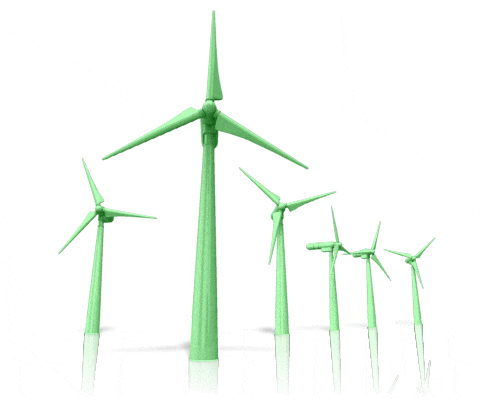Warning: Attempt to read property "columns" on null in /home/u822633504/websites/NUfDfhQsD/public_html/home-popular-section.php on line 46
Warning: foreach() argument must be of type array|object, null given in /home/u822633504/websites/NUfDfhQsD/public_html/home-popular-section.php on line 46
Connect with Specialist Providers offering the Products and Services you’re looking for.
It’s free and takes just a minute to get started!
Further support for you
Buying a Property
Together, we can get you moving into your new home and provide further support
 Discover more
Discover more
Selling a Property
Together, we can help you sell and provide further support moving forward
 Find out more
Find out more
Energy Efficiency Solutions
Together, we can make your home, rental or commercial property more energy efficient being the same wording.

Click on one of the above to find out more
Exclusive Wealth Opportunities
Together, we can help you find the right wealth opportunities.

- Alternative Income Option
- Equity Release Plan
- International School Support
- Later Life Care Plan
- Legacy Planning
- Life Events
- Litigation Funding
- Luxury Acquisitions
- Pension Income Fund
- Private Education Support
- Sharia Compliant Opportunities
- Sporting Professionals
- Supportive Living Solution
- University Finance Plan
Partner With Us
Together, we can promote your products and services to prospective clients
 Discover more
Discover more
Become An Introducer
Together, we can help you generate income and get more out of life with financial freedom
 Learn more
Learn more









.gif)



